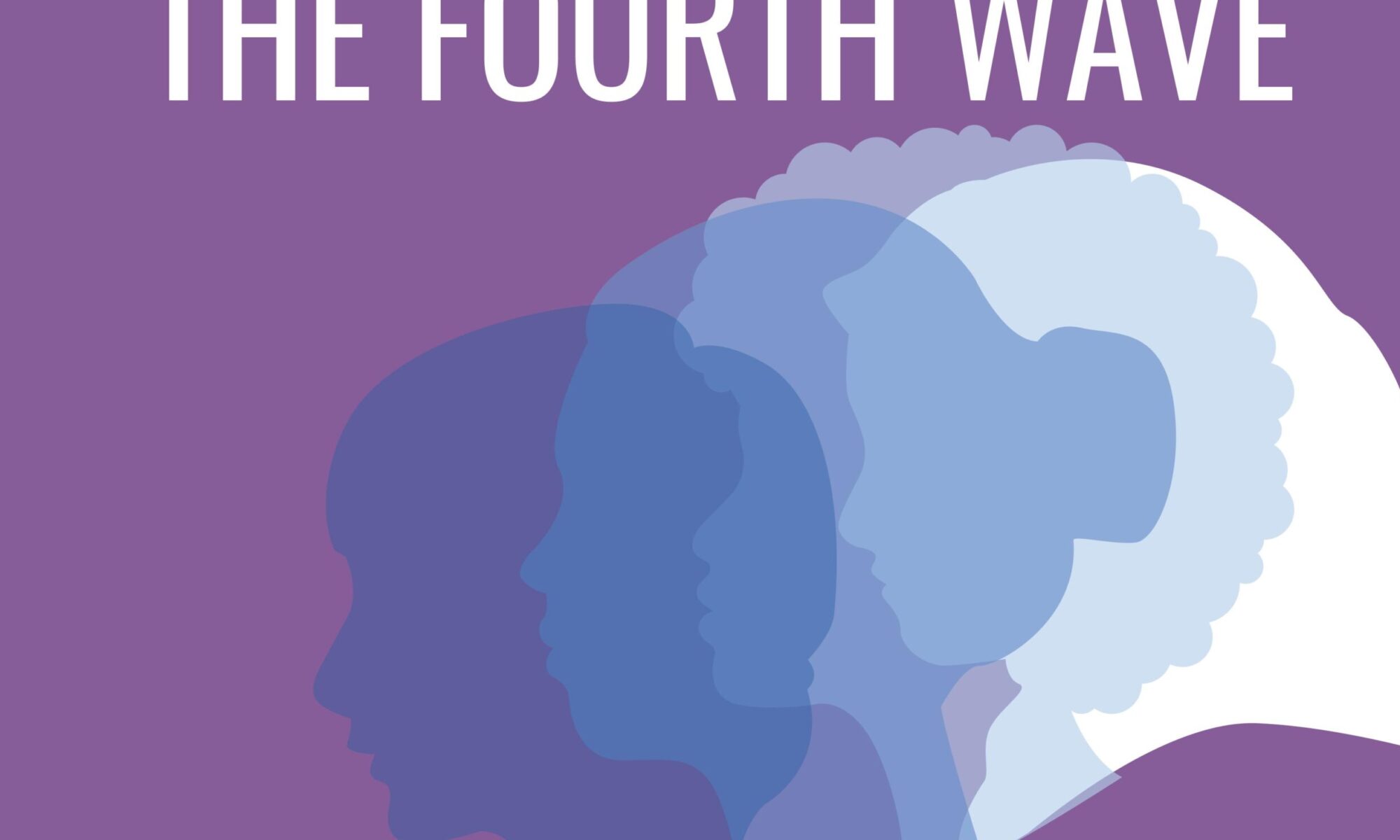
This guest Editorial is part of a series of editorials for Women’s History Month focused on women’s achievements on the St. Thomas campus and the intersectionality of modern feminism.
When I walked through the arches as a first-year student three years ago, it was hard to tell that this school had at one point been an all-male institution. A little over half of the class walking with me through the arches was women, and we were walking to hear a speech from the university’s first female president.
But there was a time when St. Thomas had a much more limited sense of community that only included male students. So, in honor of Women’s History Month, I’d like to take a brief walk through the history of women at St. Thomas.
Before the whole university made the shift to coeducation, many women (mainly nuns) got their degrees from St. Thomas with special agreements between local orders and people at the university. In 1922, the first bachelor’s degree was granted to a woman.
Sixty women received their bachelor’s degree before St. Thomas went coed; more than 900 received their master’s.
In 1947, Mary Keeffe became the university’s first female faculty member. Keeffe previously earned her master’s degree and Ph.D. from all-male institutions.
In September 1977, the first class of undergraduate women were admitted to the university.
In a September issue of the Aquin, the school news publication at the time, questioned how “influx of femininity” would impact campus attitudes in an article that starts with the objectifying question, “When was the last time you went goggle-eyed over a Tommy’s legs?”
That mentality didn’t slow down the first official class of female Tommies. Rachel Wobschall, a member of that first class, eventually became the first woman to win the Tommie Award (which had been renamed from the Mr. Tommy Award) in 1981.
One year later, the women’s cross country team won the college’s first national title in sports.
In 1989, Luann Dummer, a respected member of the English department, was named professor of the year. Dummer helped develop the St. Thomas Women’s Studies program and eventually sponsored the Luann Dummer Center for Women in 1993.
Twenty years later, Julie Sullivan was named the first layperson and the first female president of the university.
Obviously, there are many more achievements from female Tommies than would realistically fit into an op-ed piece. St. Thomas women have flown in the Thunderbirds, have been CEOs of major companies, have transformed the communities around them and so much more.
I’m proud of the women that have blazed the trail before me at this university, and I’m proud of the female Tommies that stood next to me walking through the arches.
But these are largely the achievements of a relatively limited demographic of women. At St. Thomas continues to grow into a more diverse and inclusive community, I can only imagine what kind of accomplishments will come.
Angeline Terry can be reached at Terr2351@stthomas.edu.


